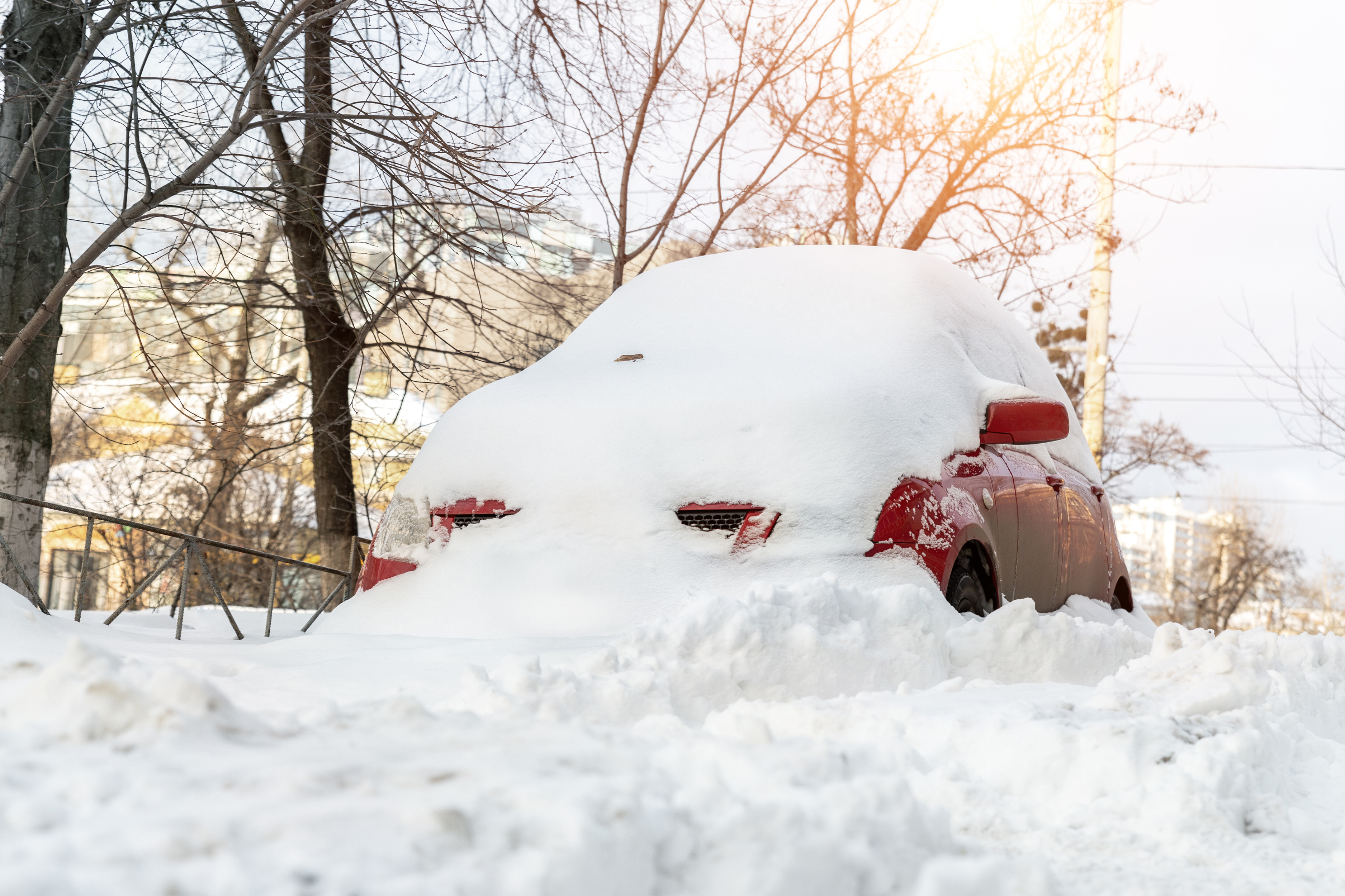Breakdowns on motorways and major A roads during winter have increased by 22% in the past five years, new figures from National Highways reveal.
Tyre issues were cited as the top reason (19.1%) followed by loss of power (7.9%).
National Highways warns that incidents and breakdowns of this kind can hinder its gritters from treating the roads, potentially leading to additional disruptions and delays.
Duncan Smith, executive director of operations at National Highways, said: “Preparation is key to staying safe during winter journeys and we’re already playing our part by lifting roadworks on key routes in time for Black Friday deliveries next week, helping logistics companies.
“Across the entire winter season, we have traffic officers, control operators and operations colleagues working around the clock to keep roads accessible, providing a smoother travel experience for all.
“We’re now asking road users to do their bit too. Packing the right essentials and driving cautiously in poor weather can make all the difference.
“So, if you’re planning to use the roads, check your vehicle, plan ahead, and use our ‘Trip’ guidance to get winter ready.”
The acronym ‘Trip’ promotes four simple steps to prepare drivers using motorways and major A roads this winter: ‘Top-up’ fuel, oil, and screen wash; ‘Rest’ by planning regular stops every two hours; ‘Inspect’ tyre pressure and tread; and ‘Prepare’ a plan for severe weather conditions.
Friday, December 20, is expected to be the busiest day on the roads over the festive period, with 7.2 million people planning to travel more than two hours.
National Highways has 535 gritters on hand, with over 240,000 tonnes of rock salt held at salt barns – which is equivalent to 240 million kilogrammes of salt.
All gritters can also be fitted with snowploughs if necessary.
Getting vehicles winter ready

With separate data from Ayvens UK suggesting that 78% of incidents in snowy weather are preventable, the UK's largest vehicle leasing company is also advising fleets and drivers to inspect their vehicles to ensure they are winter ready.
During the winter, it says that breakdown services are busier than ever, and it may take them longer to respond.
It recommends vehicles are equipped with safety packs containing: a high visibility jacket; torch; warning triangle; serviceable spare tyre; first aid kit; de-icer and screen wash; jump leads; and sunglasses for winter sunshine.
If the weather is more extreme, it is also worth storing a spare pair of boots or firm-grip shoes in the vehicle, along with a piece of carpet or a mat to place under tyres for the necessary traction to get moving again.
It is widely known that EV batteries lose efficiency in the colder, winter weather, as they perform best between 20-30 degrees Celsius.
Low temperatures have a negative impact on the chemical reactions needed to store and release electricity. In turn, this affects the vehicle's charging speed, range, and efficiency.
The low temperatures can affect charging as the battery needs to warm up first before it can charge at faster speeds, which can result in at-home charging taking an hour or longer, while rapid charging on the public network may also take an extra 15 minutes or so.
1.2 million breakdowns expected
More than 1.2 million breakdowns are expected on Britain's roads between November 2024 and January 2025, according to analysis by breakdown provider Green Flag.
It suggests that the top reason for a winter breakdown is a flat battery, which accounts for more than 440,000 (35%) of call outs in winter.
Call outs for flat batteries increase 60% over the colder winter months, compared to May, June and July, which see the lowest number of call outs related to flat batteries.
Katie Lomas, managing director at Green Flag, said: “Winter puts all sorts of strain on our cars and the last thing you need on a cold frosty morning is a car that won’t start.
“A battery that was working fine over the summer can quickly start causing problems when the temperature starts dropping. It is a good idea to get your battery checked and possibly replaced, particularly if it’s over four years old.”
Find out from Fleet News how to minimise cost and downtime with a robust incident management strategy.





















Login to comment
Comments
No comments have been made yet.